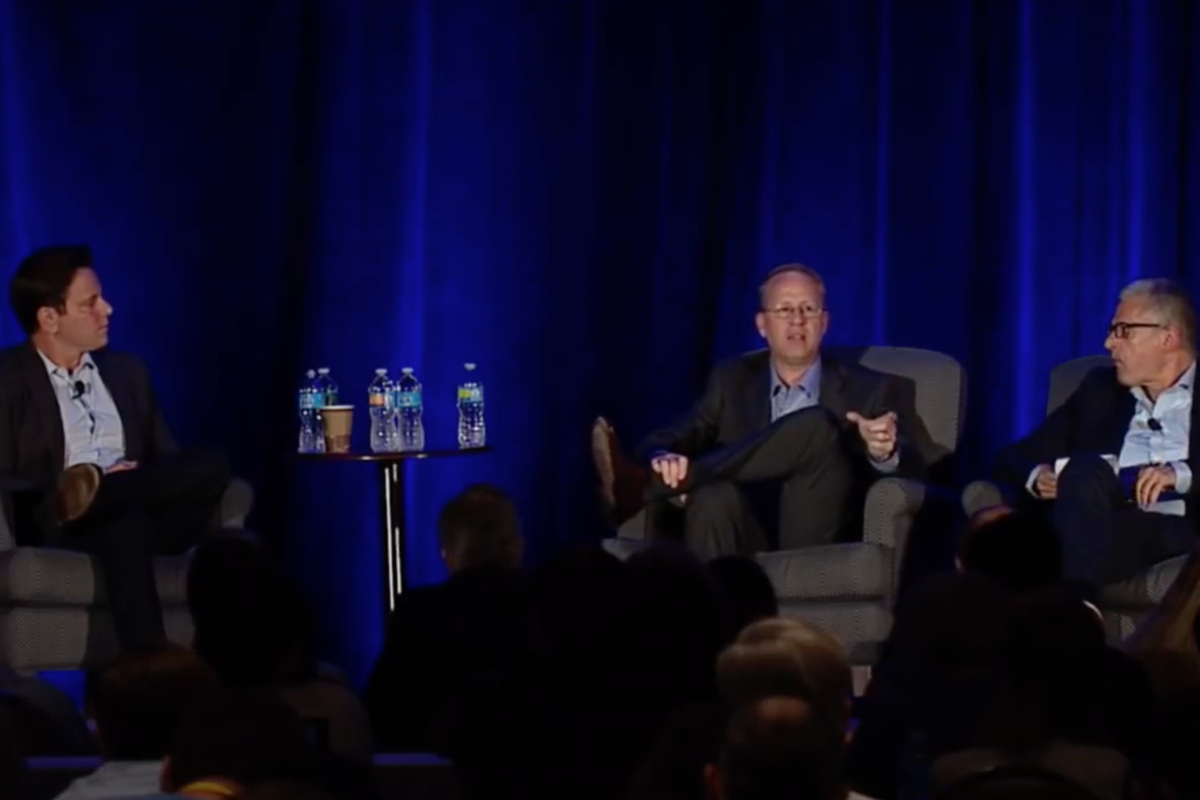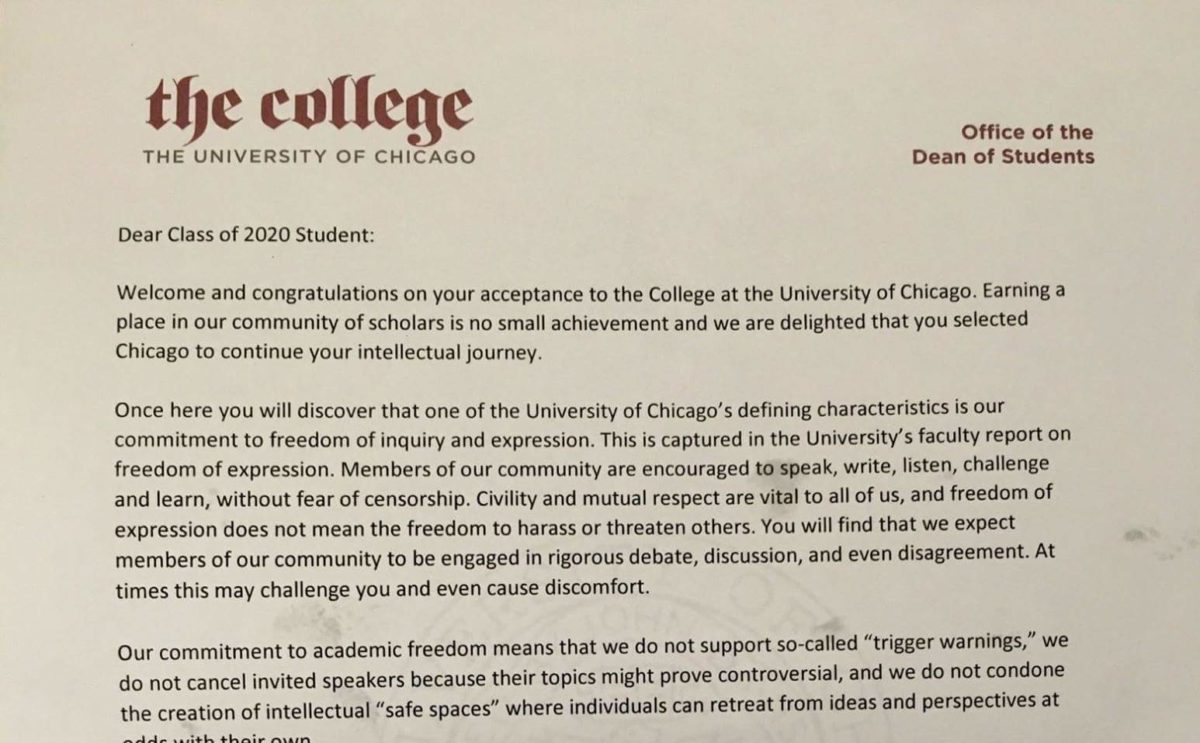We at The Undercurrent are writing in defense of the freedom of speech. The violent response to the Jyllands-Posten Mohammad cartoons has placed that freedom under attack. The American media has surrendered to the pressure. We will not.
Free speech has come under attack not just in Denmark, but worldwide. Tens of thousands of Muslims across Europe, Africa, and the Middle East have responded to the cartoons with violence: they have thrown rocks, set fire to flags and embassies, chanted death threats and declared Fatwa. They have driven into hiding those responsible for creating and publishing the cartoons. Their avowed purpose is to prevent, through censorship, the expression of opinions they deem offensive.
As American citizens and as human beings, we know that free speech includes the right to offend. Our right to speak is not erased the moment someone wants us silenced. We have that right always, undyingly, and in principle. If, at the very moment we are called to defend that right, we instead limit it, downplay it, and appease those who attack us for exercising it, then it won’t be long before its exercise will no longer be possible.
The media should respond by expressing solidarity with the persecuted editors: they should re-print the cartoons. There are too many American editors to kill. It’s easier to intimidate a few people than an entire nation.
Newspapers, most of all, ought to rise in defense of speech–their business, objectively reporting the news, depends on that right. If newspapers do not defend free speech, there will be no one to defend the newspapers when the call comes, as it certainly will, for them to be silenced.
Instead, though the danger in America is much less than in Europe, the media has surrendered. Few papers have printed the cartoons, or even unapologetically defended their right to do so. In the context of the Muslim attack, the media response is a betrayal of free speech. It is not merely an editorial preference, but self-imposed censorship. It is fear–fear of offending those self-righteously intent on being offended.
Let us be clear: it is not to “open a dialogue” that papers should publish. No rational dialogue is possible with those who have abandoned reason in favor of force; there can be no debate with an opponent who wants to shoot you dead. Even with those who have not responded violently, but nonetheless respond religiously, there can be no debate: what argument can one give for or against a dogma of faith? Papers should publish the cartoons not to discuss, but to assert their rights in the face of explicit attack.
The bravest of the American media have been the young editors of campus papers, who broke the silence of the national news. Two editors of the Daily Illini at the University of Illinois refused to apologize for publishing all twelve cartoons, though they were fired for doing so. Since their courageous act, student papers across the Midwest have published the cartoons, as has a Harvard paper. Meanwhile, the national media remains conspicuously silent.
If support for free speech will not come from our elders, then let it come from students. We at The Undercurrent implore student papers to publish the cartoons, support those who have already published, refuse intimidation, and stand on a principle that is the cornerstone of free society: the right to speak.
Most sincerely,
The Undercurrent Staff




